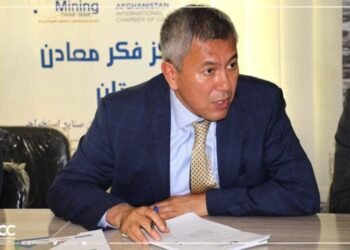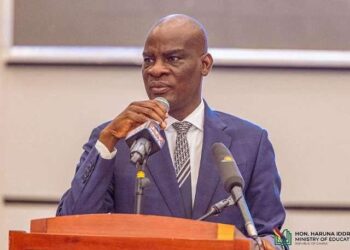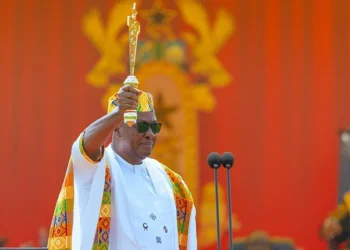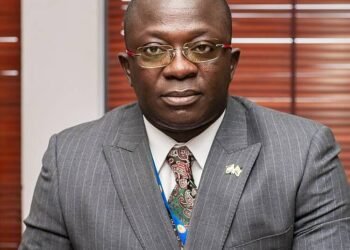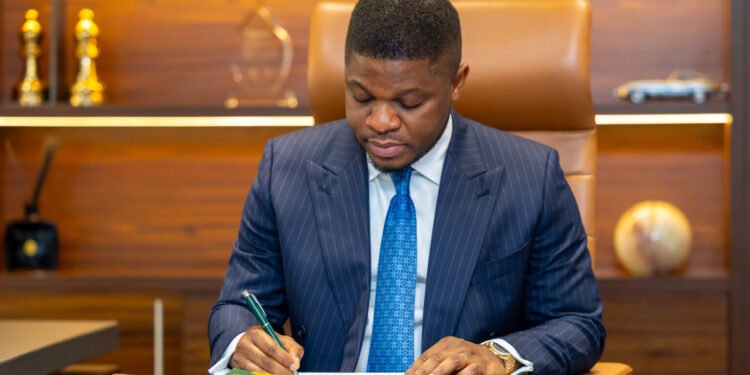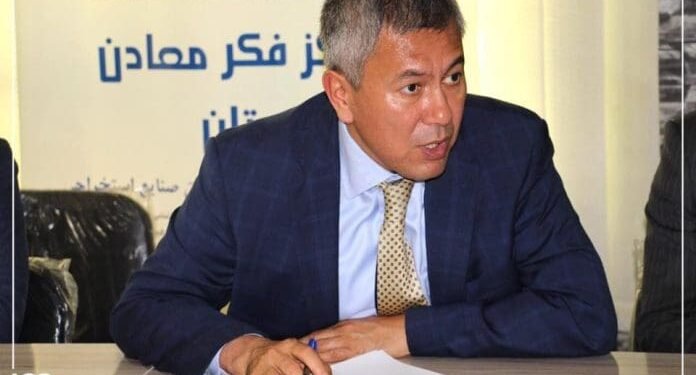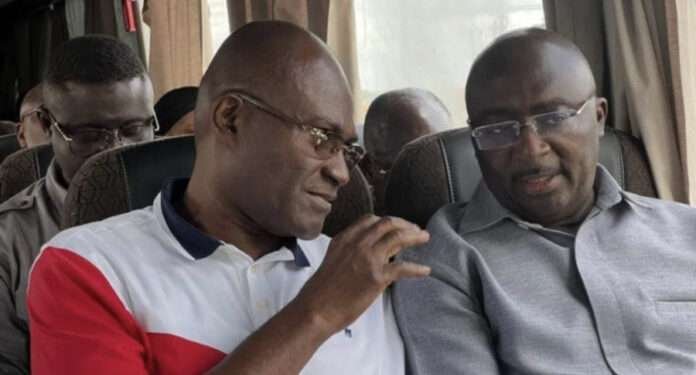The 29th Ghana Journalists Association (GJA) Awards at the Manhyia Palace became a defining moment for the Mahama administration as Presidential Spokesperson and Minister for Government Communications, Hon. Felix Kwakye Ofosu, delivered a stirring message on the indispensable role of the media in safeguarding peace, promoting national cohesion, and strengthening democratic accountability.
Addressing an audience of journalists, editors, media owners and traditional leaders, Hon. Kwakye Ofosu described the ceremony as more than a celebration of professional excellence.
He called it “a celebration of courage, professionalism, and national service,” honouring journalists whose daily work shapes Ghana’s democratic narrative and collective conscience.
Speaking under the event’s theme, Safeguarding Ghana: The Role of the Media in Promoting Peace, Security and the Fight Against Galamsey, the Minister underscored the profound role of journalism in shaping the future of the country.
He noted that the theme served both as a reminder of the media’s significance and a challenge for the nation to reflect on “the kind of Ghana we wish to bequeath to future generations.”
According to him, the government recognises the media as a mirror of society and a catalyst for progress, capable of strengthening institutions and giving voice to vulnerable populations.
Hon. Kwakye Ofosu reaffirmed the government’s “unwavering commitment” to creating a safe and enabling atmosphere for media freedom. He stressed that freedom, safety, and independence of journalists are essential pillars of the country’s democratic framework and must never be compromised.

“It is therefore the solemn responsibility of the state to preserve, protect, and promote those rights without compromise,” he said, emphasising that the administration remains dedicated to tolerance, openness, and access to information.
He referenced a significant step taken earlier in the week when President John Dramani Mahama swore into office a seven-member Right to Information (RTI) Commission to oversee full implementation of the RTI Act.
Describing it as a milestone, he said the establishment of the Commission signalled a concrete commitment to transparency and accountability. “This significant milestone is not merely symbolic,” he stated.
“It is a concrete demonstration of the government’s unwavering dedication to transparency, accountability, and institutional readiness in ensuring full compliance with the dictates of the RTI law.”
Presidential Spokesperson and Minister for Government Communications, Hon. Felix Kwakye Ofosu
The Minister stressed that the creation of the RTI Commission reflects a governance culture grounded in openness, trust, and citizens’ right to know. Hon. Kwakye Ofosu also addressed the growing challenges of misinformation, social division, and geopolitical uncertainty, noting that the media’s role has become more pivotal than ever.
Upholding Ethical Standards
He called on journalists to uphold ethical standards that prioritise truth, unity, and national welfare over sensationalism. “We need a media that binds us together rather than one that tears us apart,” he urged. “A media that seeks truth not for the sake of sensation, but for the sake of national cohesion and collective welfare.”

He emphasised that the work of journalists directly influences national peace and stability. “Every journalist holds the power either to calm a storm or to ignite one,” he said, highlighting the moral responsibility embedded in news reporting, commentary, and media analysis.
He urged journalists to use their platforms to build bridges rather than barriers, asserting that the nation’s cohesion depends significantly on the tone, depth, and accuracy of the stories they publish.
The Minister further called for stronger collaboration between the media, security agencies, civil society, and the state. He stressed that safeguarding Ghana’s future cannot be achieved in isolation and requires “unity of purpose, coordination of efforts, and harmony of intent.”
According to him, the relationship between journalists and security agencies must be anchored in trust rather than suspicion. “Both are guardians of the same national vision,” he said.
“Journalists safeguard the truth, while the security services safeguard order. Together, they form the twin pillars upon which Ghana’s democracy stands, strong, balanced, and enduring.”
Presidential Spokesperson and Minister for Government Communications, Hon. Felix Kwakye Ofosu
Hon. Kwakye Ofosu concluded by reaffirming the government’s commitment to protecting freedom of expression and ensuring that journalists can work without intimidation or censorship. He said the administration is determined to uphold Ghana’s longstanding reputation as a beacon of press freedom on the African continent.

In his closing remarks, he urged the media to continue telling the Ghanaian story with integrity and hope. “May our words bring healing, our reports inspire change, and our platforms promote unity,” he said, adding that the tools journalists wield—the pen, the camera, and the microphone—remain among the most powerful instruments for national transformation.
As the ceremony honoured journalists who have demonstrated excellence across various fields, the Minister’s message reinforced a central message: that a free, responsible, and collaborative media is vital to strengthening Ghana’s democracy, protecting its peace, and advancing its shared national destiny.
READ ALSO: Fitch Predicts Cedi Performance by 2026-End to GH¢ 11.7 to the Dollar




